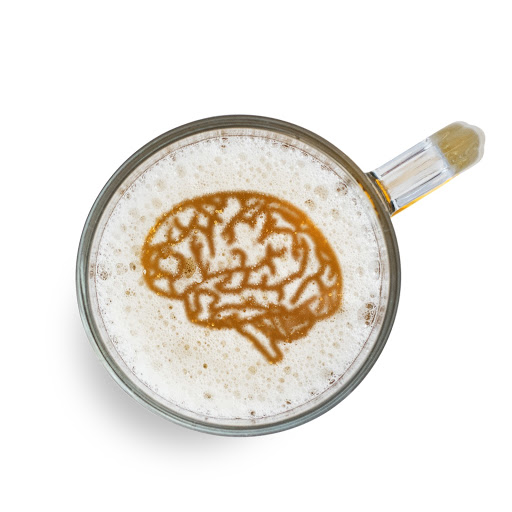 According to new studies, Alcohol addiction can practically shrink the brain, but recovery starts soon after alcoholics get sober. Within fourteen days of detoxifying, the brain recovers, removing much of the amount of alcohol, said researcher Gabriele Ende, professor of medical physics at the Central Institute of Medical and Mental Sciences in Germany.
According to new studies, Alcohol addiction can practically shrink the brain, but recovery starts soon after alcoholics get sober. Within fourteen days of detoxifying, the brain recovers, removing much of the amount of alcohol, said researcher Gabriele Ende, professor of medical physics at the Central Institute of Medical and Mental Sciences in Germany.
The cerebellum, the brain area, dedicated to motion and fine motor skills, is among the quickest to respond, Ende added. “We find evidence of a speedy regeneration of the brain from alcohol-induced size loss during the first 14 days of abstinence,” she said in a release.
While brain shrinkage and partial recovery with sustained abstinence have been defined in-depth in previous research, no recent research immediately investigated the brain at the start of short-term recovery and alcohol withdrawal.
The deterioration of brain tissue in alcoholics is related to symptoms such as memory loss, trouble focusing, and impulsive behavior, Ende added. To assess if losses in brain mass could be overcome, she and her team used magnetic resonance imaging in an inpatient rehab center to scan 50 alcoholics’ brains during the first 24 hours of detoxification and again two weeks later.
The researchers also correlated these brain images with MRI scans of 60 other people of the same ethnicity and age as the intoxicated patients.
Different brain areas regenerate at different paces. For example, the cerebellum returns to normal two weeks after detox. Brain regions engaged with more abstract reasoning come back online more slowly; they don’t demonstrate complete regeneration at the two-week mark.
“Interestingly, there is a strong increase in motor skills shortly after the cessation of alcohol, which is parallel to our finding of the gradual recovery of the cerebellum,” Ende stated.
 “Higher cognitive tasks such as divided focus, handled in particular cortical regions, take years to recover, and this appears to reflect in the slower recovery of brain mass found in these areas.” According to researcher Natalie May Zahr of the Stanford University School of Medicine, other brain cells are irreversibly lost by alcohol dependence.
“Higher cognitive tasks such as divided focus, handled in particular cortical regions, take years to recover, and this appears to reflect in the slower recovery of brain mass found in these areas.” According to researcher Natalie May Zahr of the Stanford University School of Medicine, other brain cells are irreversibly lost by alcohol dependence.
But alcohol also decreases the amount of brain tissue, a phenomenon that can be overcome with sobriety. Research by other scientists conducted in 2011 showed that communication between these higher-functioning regions and the cerebellum remained unstable for at least a week after the last beer.
The findings should motivate the treatment of alcoholics, said Zahr, a psychological and behavioral expert. “This research gives alcoholics a sense of hope to recover—hope because, even after two weeks of abstinence, the recovered person may be able to observe changes in the processing of the brain that will make for improved understanding and therefore the opportunity to stay sober,” Zahr said in a statement. “Minimal brain repair could be required before the abuser can gain the discipline needed to sustain continuous abstinence.”
H1: CBD and THC Ease Alcohol Withdrawal
These problems encountered by this patient are very general from both the experience of rehabilitation and drug detox problems, as well as the inability to determine if cannabis should be part of a sober life.
Visit United Recovery Project now
If you or anyone you know is dealing with addiction, this is the time to find treatment. At United Recovery Project, you’ll find a team of caring, experienced experts ready to mentor each client through 12 steps and beyond. By structuring therapy to meet specific needs, including recognizing co-occurring conditions, United Recovery Project promotes a healing and balanced wellbeing climate.


